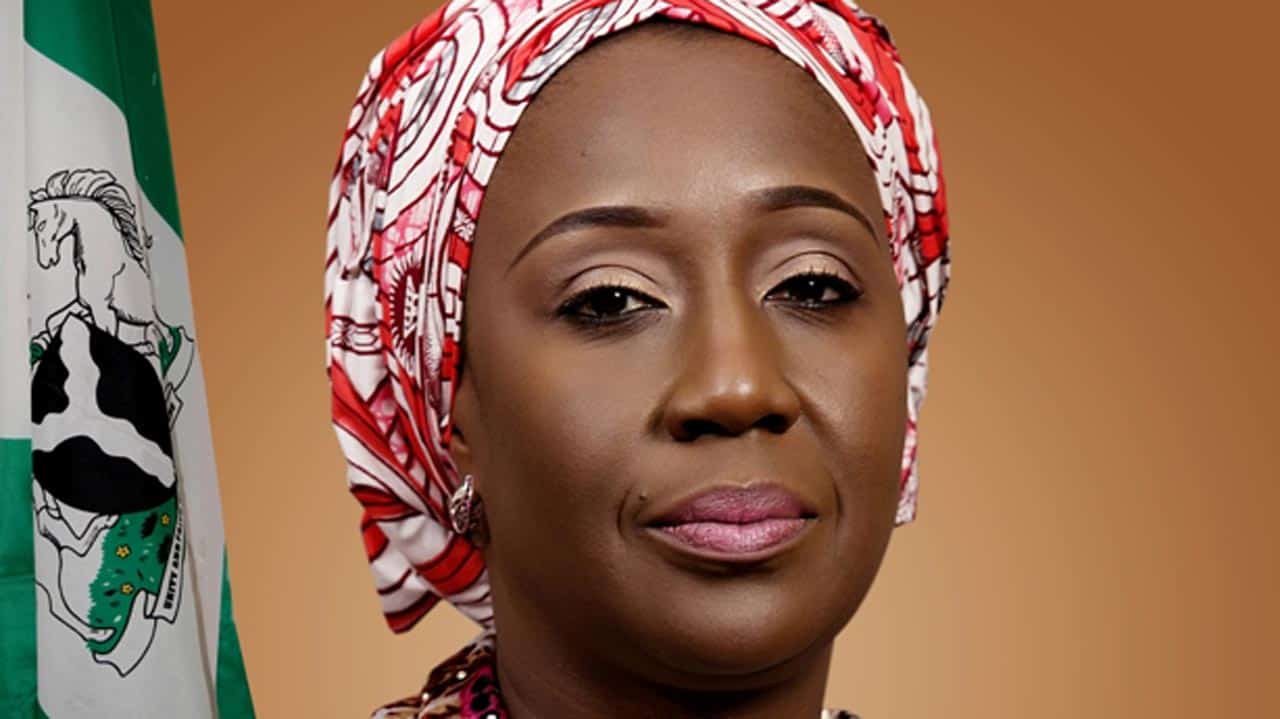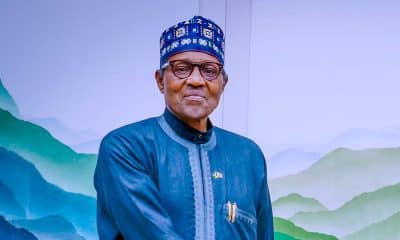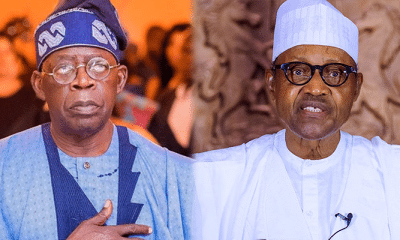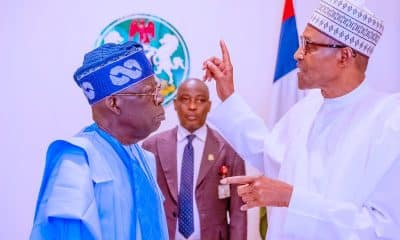Politics
Minister Speaks On What Buhari’s Re-election Means For Nigeria

Aisha Abubakar, the Minister of Women Affairs and Social Development, while speaking on the emergence of President Muhammadu Buhari as the president-elect in the Presidential election stated that it was a proof of support for his administration’s policies by Nigerians.
Aisha stated this at an interactive dialogue on ‘Building Alliances for Social Protection Systems, Access to Public Services and Sustainable Infrastructure and the Empowerment of Women and Girls’ in New York.
She stated that the session’s theme is in line with the social protection and development strategies being currently implemented in Nigeria by Buhari’s administration. She said;
“President Buhari’s recent re-election for a second term has demonstrated the support of Nigerians for his administration and their unwavering interest in the social protection systems and economic development strategies being implemented in the country.”
“These social protection strategies, founded on sound, sustainable and predictable development framework and economic structures, are designed to meet the overall objectives of eradicating poverty in all its ramifications as encapsulated in the Agenda 2030 for Sustainable Development.”
She stated that the strategies are aimed at providing social protection for Nigeria female population which is estimated at 99 million.
Aisha stated that the country’s economic recovery and growth plan identified human capital investment, restoring growth, and building a competitive economy for women and girls as key pillars to national development.
The minister explained that the Federal Government-led social protection policy had three main programmes, namely: the conditional cash transfer in Care of the People, the health fee waiver for pregnant women and children under five, and the community-based health insurance scheme.
She said, “the Government Enterprise and Empowerment programme, a loan scheme for local artisans, traders and market women, has benefitted about 57,962 Nigerians with 56 per cent women beneficiaries.”
“Similarly, the ‘Anchor Borrowers Programme’ has produced over 300,000 rice farmers, the majority of whom are women in rural areas.”
Aisha stated that the country is working on social empowerment strategies to further enhance access to public services and sustainable infrastructure.
She explained that the N-Power Volunteer Corps has employed not less than 200,000 people with a target to hire over 350,000 graduates and non-graduates yearly.
Another measure, she said, was the establishment of the Development Bank of Nigeria to provide sustainable financial support to small and medium scale enterprises.
“The ‘Market Moni’ provides loans at a single digit for market women, artisans, enterprising youths, small-scale farmers and Agric workers nationwide with about 2.5million beneficiaries,” she said.
According to her, the ‘Home-Grown School Feeding Programme’ provides one free, nutritious daily meal for children in public primary schools.
“The ‘Agricultural Revolutionary Policy 2016 to 2020’ has boosted agriculture activities and created five million dignified jobs with decent pay for women and youths.”
“With support from the World Bank, Nigeria for Women Project is established to directly impact 324,000 women beneficiaries,” the minister explained.
She said a summit on ‘Keeping Girls in School’ was convened to bring together influential traditional and religious leaders from across the African continent to discuss the critical issue of ‘keeping girls’ in school to complete primary and secondary education.
Abubakar added that a National Strategy to End Child Marriage 2016 to 2021 was launched to highlight the multi-sectoral and multi-faceted measures to halt harmful practices against girls and strengthen coordination.
“At the 2018 World Technovation Challenge in Silicon Valley, San Francisco, U.S, five Nigerian girls won Gold Medals in the contest.”
“The World Champions won the Challenge with a mobile application called the FDDETECTOR, which they developed to help tackle the challenge of fake Pharmaceutical products in Nigeria.”
“This was one of several innovations by the Nigerian girls,” the minister said.












